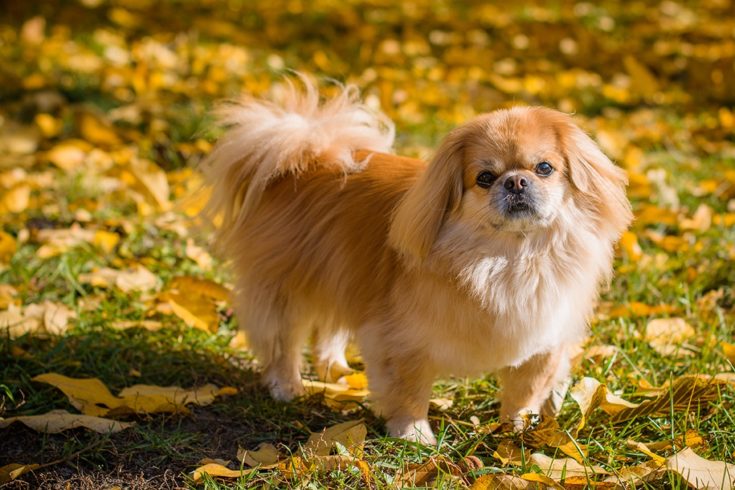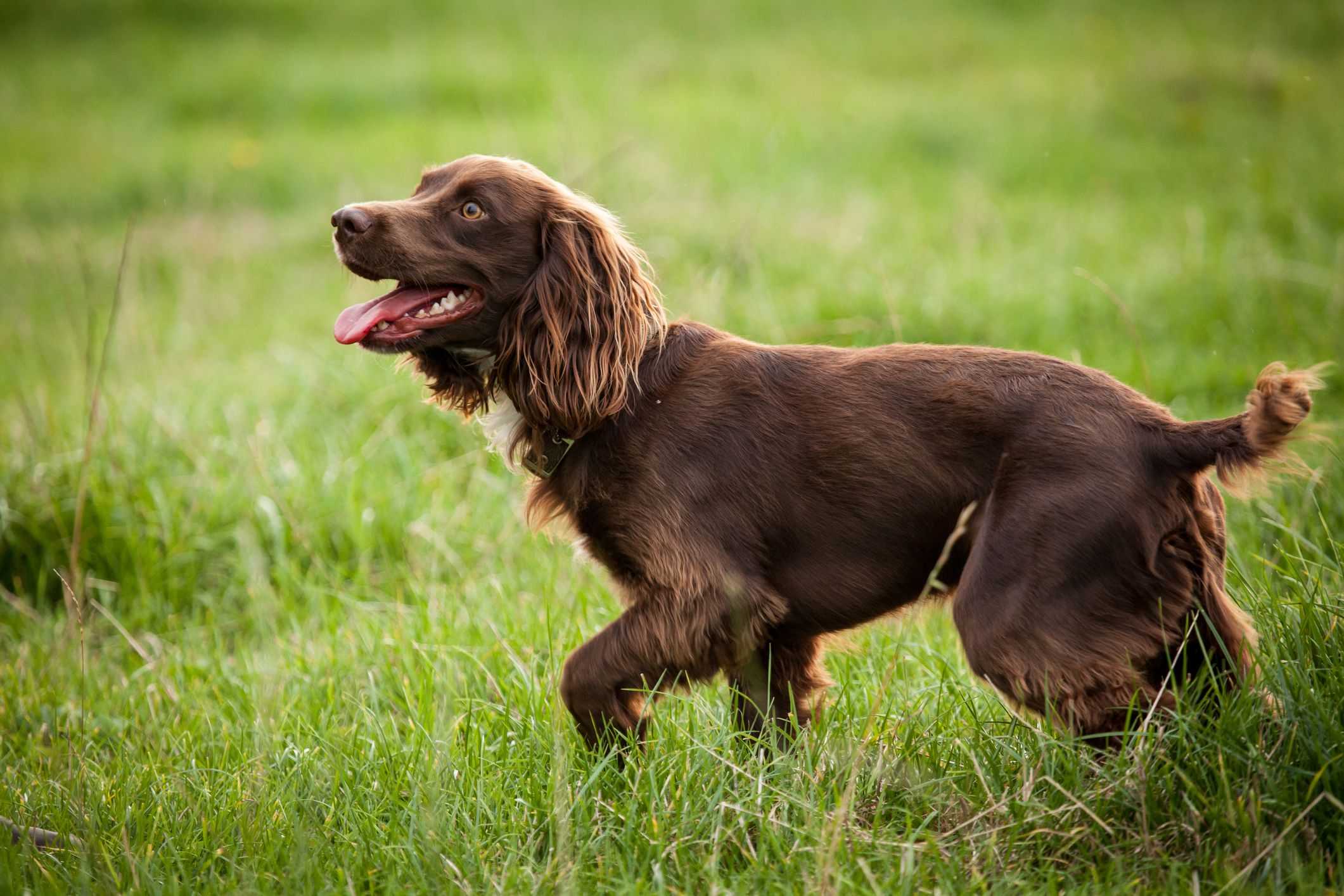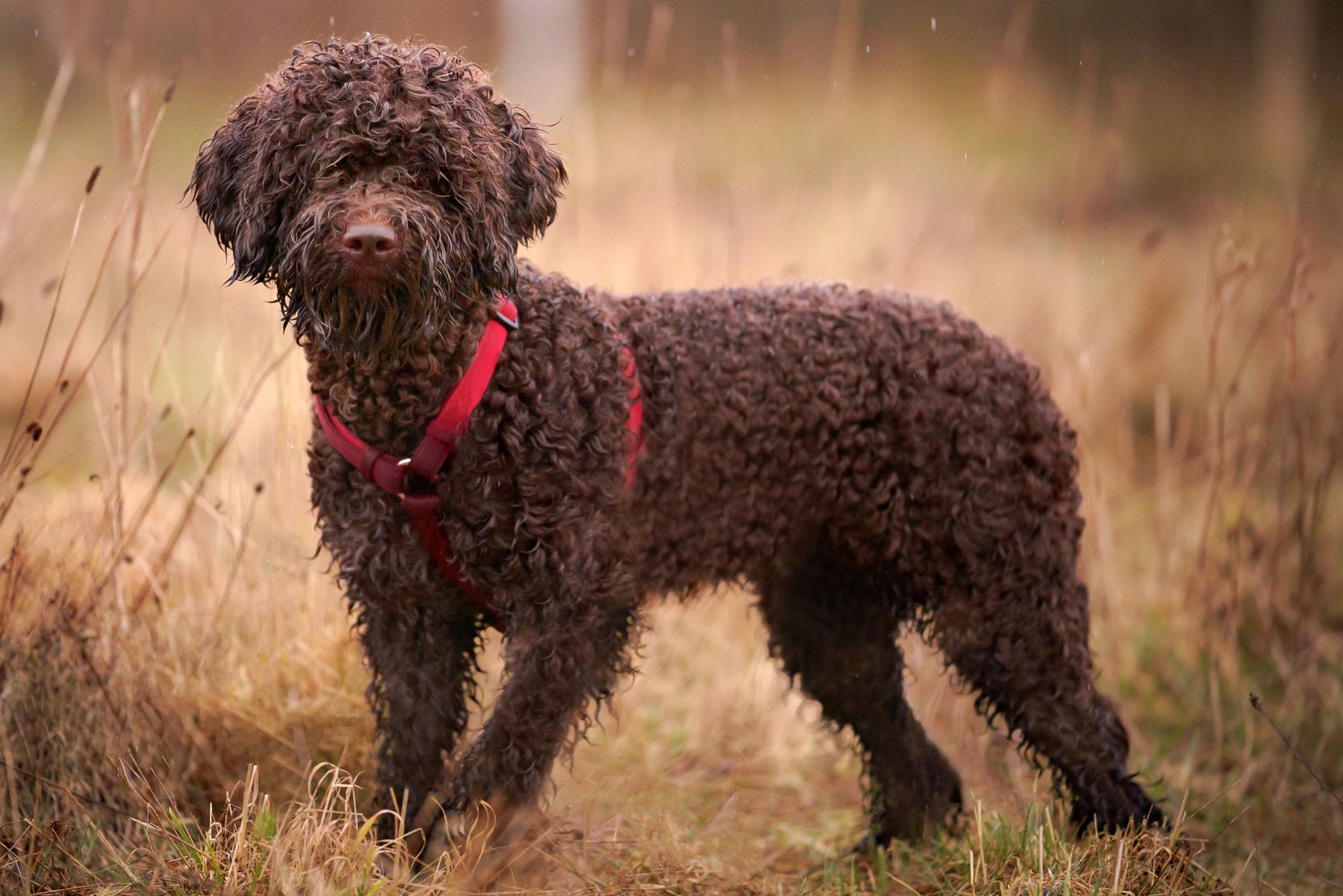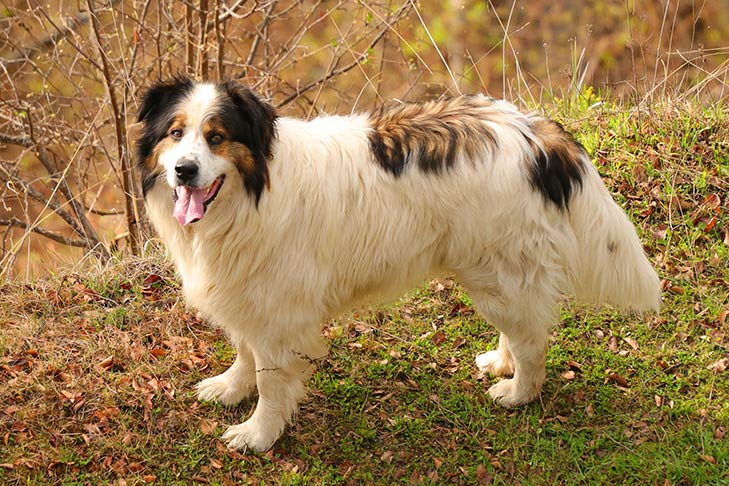Introduction
The Pekingese is an ancient breed of dog that originated in China over 2000 years ago. These small and sturdy dogs were originally bred to be companions to Chinese royalty and were highly prized for their regal appearance and loyal temperament. Today, Pekingese are still cherished as loyal companions and make great lap dogs due to their affectionate and calm nature. They have a distinct look with a flat face, large eyes, and a long, flowing coat that requires regular grooming.
Pekingese Temperament
This breed is known for its dignified and loyal personality. They are affectionate and devoted to their families, but may be reserved or suspicious of strangers. Pekingese are intelligent and independent, which can make them challenging to train but also highly rewarding for experienced dog owners. They have a calm and gentle demeanor, but can also be playful and entertaining with their families. Due to their small size, they can adapt well to apartment living and require only moderate exercise. Overall, the Pekingese is a charming and affectionate breed that makes a great companion for those seeking a loyal and loving companion.
Aggression
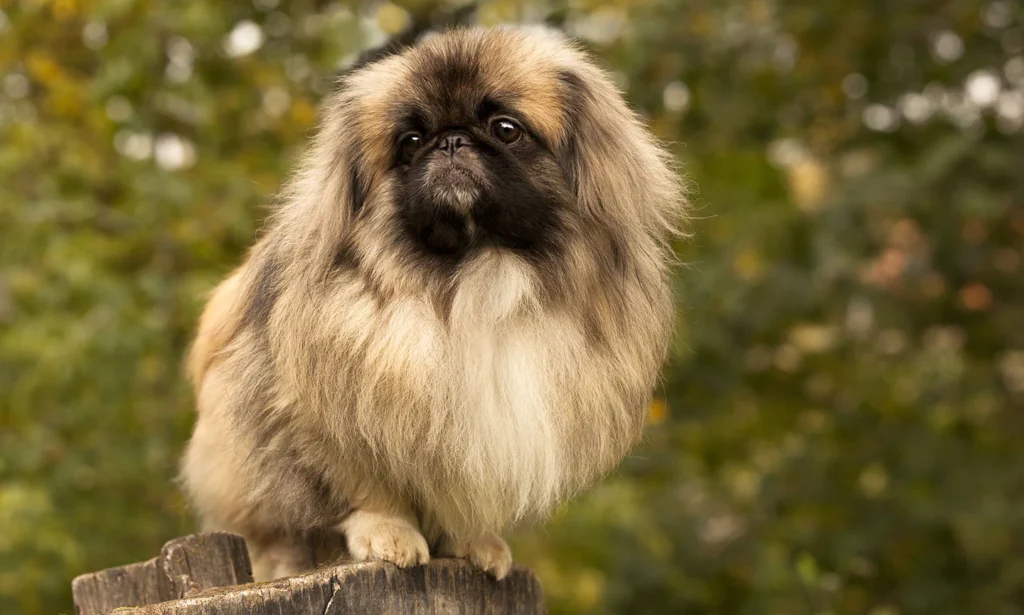
Pekingese dogs can exhibit aggressive behavior if not properly trained or socialized. Their strong-willed and independent nature can sometimes translate into stubbornness, which can lead to a defensive or aggressive response when feeling threatened. Pekingese may also display resource guarding behavior, such as growling or biting, if they feel threatened over their food, toys, or territory. Early socialization and consistent, positive training are important to prevent aggressive behavior from developing in Pekingese dogs. Proper exercise and mental stimulation can also help to prevent boredom or frustration, which can contribute to aggressive behavior. It is important for owners to establish themselves as the pack leader and provide their dog with clear boundaries and rules
Health and Lifespan
The reported lifespan range of the Pekingese is typically between 12 to 15 years. However, like any breed, this can vary based on factors such as genetics, diet, exercise, and overall health. With proper care and attention to their needs, Pekingese can live long and healthy lives, bringing joy to their families for many years. Regular exercise, a balanced diet, and routine veterinary care can all help to extend the lifespan of your Pekingese.
Food for Pekingese
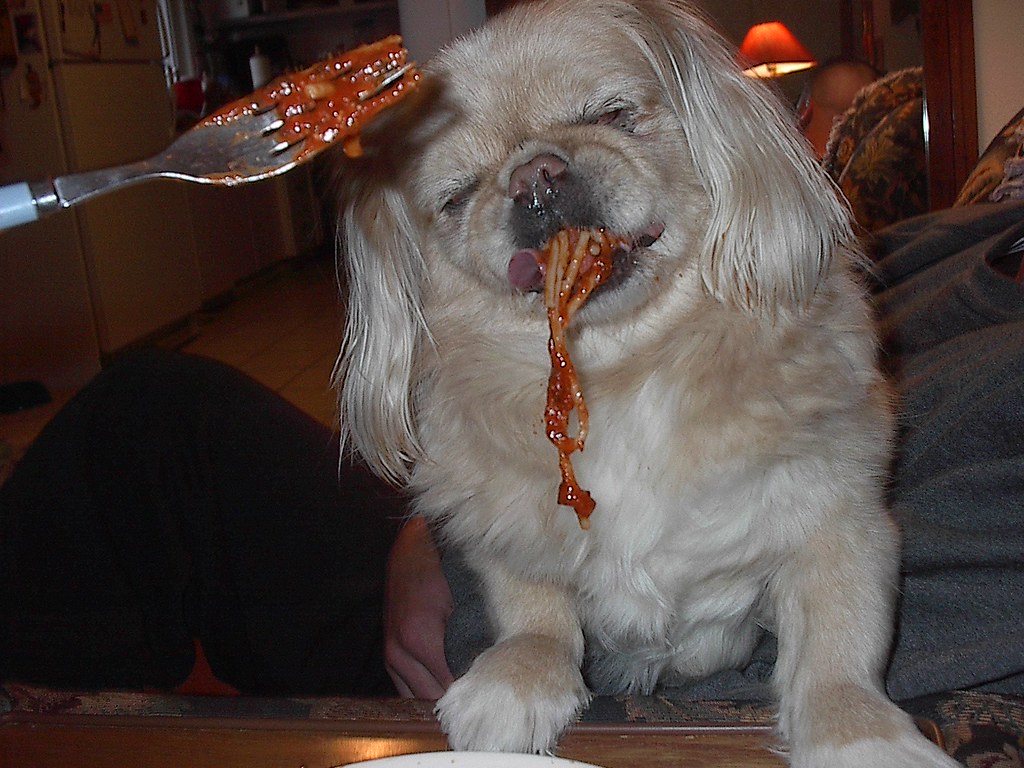
The best food for your dog is one that is specifically formulated for small breeds and meets their unique nutritional needs. Pekingese have a tendency to gain weight, so it’s important to choose a high-quality dog food that is low in fat and calories. Look for a food that contains a high amount of protein to support their muscle development and is rich in essential vitamins and minerals to support their overall health.
Training for Pekingese
Training your requires patience, consistency, and positive reinforcement. Due to their independent and stubborn nature, they can be challenging to train and require an experienced owner who can provide firm and consistent guidance. Start with basic obedience commands such as sit, stay, and come, using rewards like treats and praise to reinforce good behavior. Socialization is also important, exposing your dog to different people, places, and experiences to help them become well-adjusted and confident. Due to their small size, Pekingese do not require a lot of exercise but still need daily walks to maintain their health and prevent obesity.
Conclusion
In conclusion, the Pekingese is a small and loyal dog that makes a wonderful companion for those who are willing to provide them with the attention and care they need. While they can exhibit aggressive behavior if not properly trained or socialized, early socialization and positive training can prevent these issues. The best food for Pekingese is a high-quality dog food that is specifically formulated for small breeds, with smaller kibble sizes to support dental health. With proper care and attention, the Pekingese can be a loving and loyal companion for many years to come.
